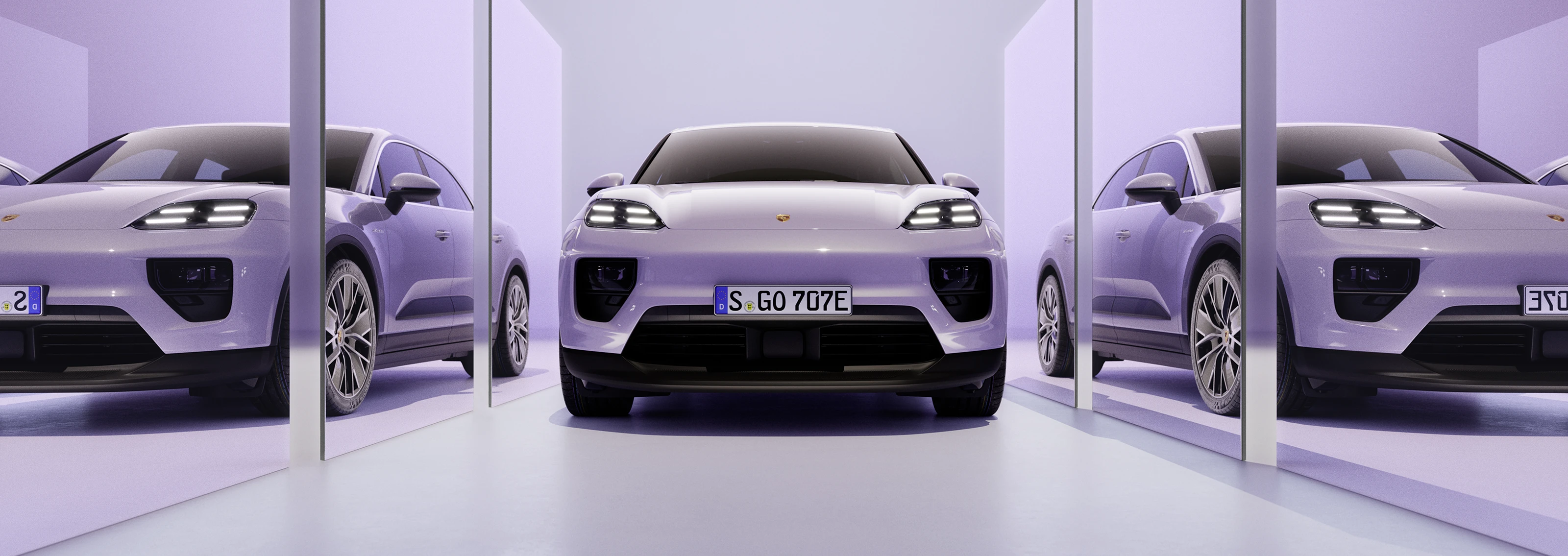Decarbonization
The Porsche AG Group wants to actively shape the future of mobility by developing innovative products and groundbreaking drive concepts with significantly lower CO₂ emissions. In the reporting year, 27% of new vehicles delivered to customers were electrified—whether they were all-electric models or plug-in hybrids. The Porsche AG Group’s vehicle product portfolio aims to significantly increase this proportion. The ramp-up of electrification depends largely on customer demand, the development of electromobility in the different regions of the world and regulatory incentive schemes. For the transitionphase, the Porsche AG Group is positioning itself as flexibly as possible with a mix of combustion-engined, plug-in hybrid and all-electric vehicles.
In the “Decarbonization” strategy field, the Porsche AG Group aims to make an active contribution to limiting the rise in the global average temperature to a maximum of 2°C compared to pre-industrial levels and, pursue efforts to limit the increase to 1.5°C.
Realizing the Porsche AG Group’s ambition depends upon various factors, e.g. technological progress that has not yet been fully developed, and on regulatory or economic developments that are outside the Porsche AG Group’s direct control and may therefore not be realizable.
The Porsche AG Group closely monitors the individual global markets and, depending on their development, continuously reviews its product strategy and product range structure for vehicles, including the drive types offered. It intends to pursue the target of a 1.5-degree reduction pathway as long as possible.
This includes the emissions generated during vehicle production and those generated in the upstream supply chain and in the downstream use phase until disposal. To monitor and manage these efforts, the Porsche AG Group, in cooperation with the Volkswagen Group, uses the decarbonization index (DCI). The DCI which aims to map the amount of greenhouse gas emissions along the value chain in metric tons of CO₂ equivalents per vehicle.
Detailed information about decarbonization can be found in → E1 Climate change.
